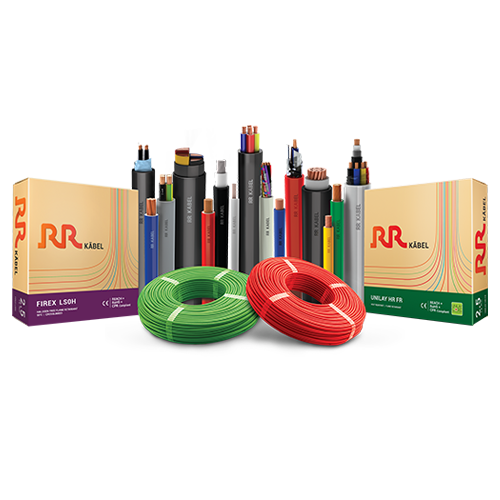LAPP Cable in Action: How It Powers OEM Panels in Automotive Manufacturing

In the fast-paced world of automotive manufacturing, every second counts. Production lines are a complex web of machines, robots, and control systems, all working in perfect coordination to meet demanding deadlines and stringent quality standards. At the heart of this precision lies a component that often works behind the scenes — LAPP cables. Specifically designed for industrial applications, LAPP cables play a crucial role in powering OEM panels that control and monitor the manufacturing process.
The Role of OEM Panels in Automotive Manufacturing
OEM (Original Equipment Manufacturer) panels are the nerve centers of automotive production lines. They house electrical controls, automation systems, and safety mechanisms, enabling smooth operation of equipment ranging from robotic arms to conveyor belts. Without reliable connectivity, even the most advanced OEM panel can’t function at its best — and that’s where LAPP cables step in.
Why LAPP Cables Are the Perfect Fit
LAPP cables are engineered with durability, flexibility, and performance in mind — three qualities essential in an automotive manufacturing environment where:
· High-speed machinery demands precise and uninterrupted communication.
· Temperature fluctuations can challenge cable performance.
· Mechanical stress from constant movement is common.
LAPP’s product lines such as ÖLFLEX® control cables, UNITRONIC® data cables, and ETHERLINE® industrial Ethernet cables ensure that OEM panels can handle complex signals, power loads, and automation requirements without downtime.
Benefits of LAPP Cables in OEM Panels
1. Consistent Power Supply – LAPP cables deliver steady electrical performance, reducing the risk of voltage drops or interruptions.
2. Superior Flexibility – Their bend-resistant design allows easy installation in tight panel spaces.
3. Resistance to Industrial Hazards – From oil and chemicals to vibration and abrasion, LAPP cables are built to withstand harsh factory conditions.
4. Long-Term Reliability – Minimal maintenance requirements and long service life make them a cost-effective choice for OEM panel builders.
Real-World Application in Automotive Plants
In a modern automotive plant, hundreds of control panels manage tasks like welding, painting, assembly, and quality inspection. For example, a robotic welding station might rely on a combination of power cables for motors, signal cables for sensors, and data cables for machine communication — all routed through the OEM panel and connected via LAPP’s engineered solutions. The result?Seamless production, reduced downtime, and optimal energy efficiency.
Future-Ready for Industry 4.0
As the automotive industry embraces smart manufacturing and IoT integration, OEM panels need cables that can handle higher data speeds, more complex automation, and advanced sensor networks. LAPP’s latest innovations, such as high-speed Ethernet cables and hybrid solutions, are already powering the next generation of automotive plants.
Conclusion
LAPP cables may not be the most visible part of an automotive manufacturing line, but they are the silent force ensuring that OEM panels operate flawlessly. By providing reliable power, data transmission, and durability under extreme conditions, LAPP cables help the automotive industry achieve efficiency, precision, and innovation.
When it comes to powering the future of mobility, LAPP cables aren’t just part of the process — they’re at the core of it.
How Schneider Is Revolutionizing Industrial Automation with Robotics and Motion Control
- Art
- Causes
- Crafts
- Dance
- Drinks
- Film
- Fitness
- Food
- Games
- Gardening
- Health
- Home
- Literature
- Music
- Networking
- Other
- Party
- Religion
- Shopping
- Sports
- Theater
- Wellness




